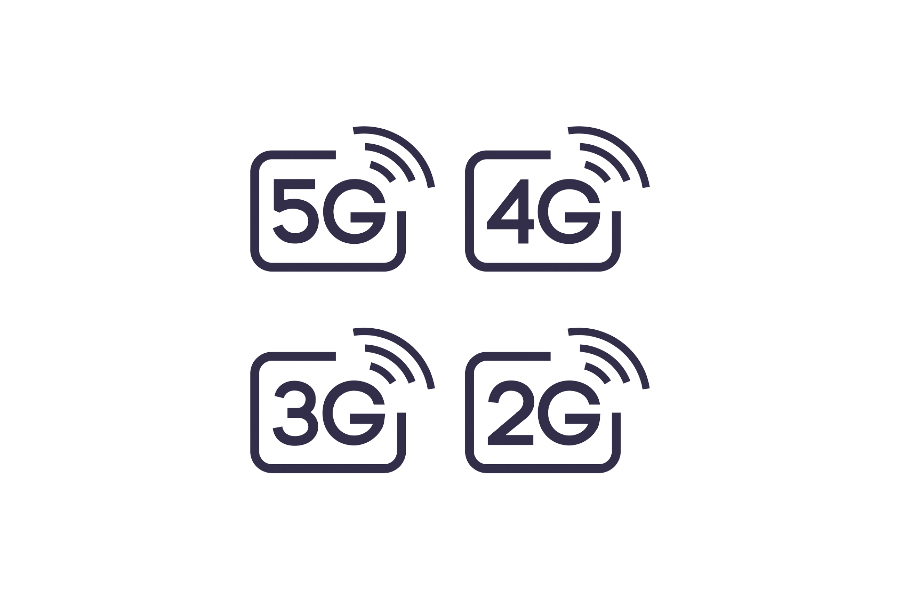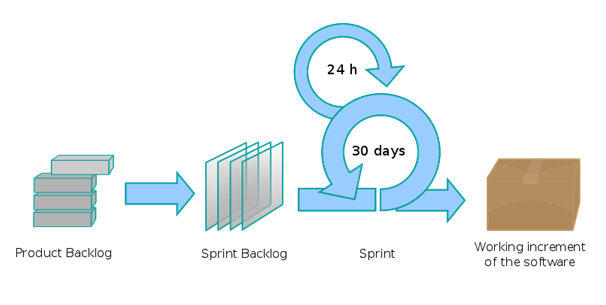The fast evolving business IT landscape is being transformed by the Internet of Things (IoT). Many technologies are being integrated into businesses, creating a lot of data and changing how they run. Smart cities and networked factories are examples. Without IoT SIM cards, this networked environment is incomplete. These chips, smaller than a fingernail, work silently to connect gadgets to the cloud. By 2024, IoT will be pervasive in business, making SIM cards popular. Let’s investigate this spike’s causes:
Unlocking Global Connectivity
One of the main benefits of IoT SIM cards is widespread connectivity. Instead of Wi-Fi networks, IoT SIM cards use cellular networks to provide wide coverage outside geographic borders. This lets firms configure and manage their networked devices worldwide. IoT SIM cards’ global reach allows for cross-border car monitoring and remote sensor data collection.
Increased Reliability and Security
Today’s data-driven civilization requires security. Wi-Fi is vulnerable to security breaches and unauthorized access. Security is better with iot sim card. They use encryption and authentication to protect sensitive data exchanged between devices and the cloud. Mobile networks are more reliable than Wi-Fi, ensuring continuous data flow and avoiding downtime for enterprises that need real-time insights from their networked equipment.
Flexibility
Businesses require a scalable and adaptable IoT solution as their deployments and footprints grow. This is where IoT SIM cards excel in scalability. By adding or deleting SIM cards from devices, companies may quickly adapt without infrastructure upgrades. Different data plans and network alternatives allow enterprises to customize their connection solutions to their demands and budgets.
Easy Device Management
Controlling several linked devices is complex. IoT SIM cards have integrated device management platforms (DMPs), making the process easier. These solutions centralize remote device configuration, monitoring, and troubleshooting for companies. This ensures the integrated ecosystem runs efficiently and saves time and resources.
Scale Economy
An IoT SIM card may cost more than a Wi-Fi connection, but the benefits outweigh the expense. Cellular networks’ efficiency, dependability, and simplified connectivity management can save businesses a lot of money. Many providers offer variable pricing based on data use, which helps firms cut costs.
Beyond the Rise: The Future of IoT SIM Cards
IoT SIM cards will become more significant as businesses use IoT. LPWANs are increasing the Internet of Things, and SIM cards designed for these networks will be needed to link low-resource devices. With AI in SIM card management systems, automatic device optimization, and predictive maintenance should become possible, improving IoT deployments’ efficacy and value.
Conclusion
The increasing corporate usage of IoT SIM cards in 2024 demonstrates their capacity to solve cost-effectiveness, global connectivity, security, scalability, and management. Enterprises exploring the potential of the Internet of Things will be influenced by these emerging tiny enterprises in shaping the future of the linked sector.





